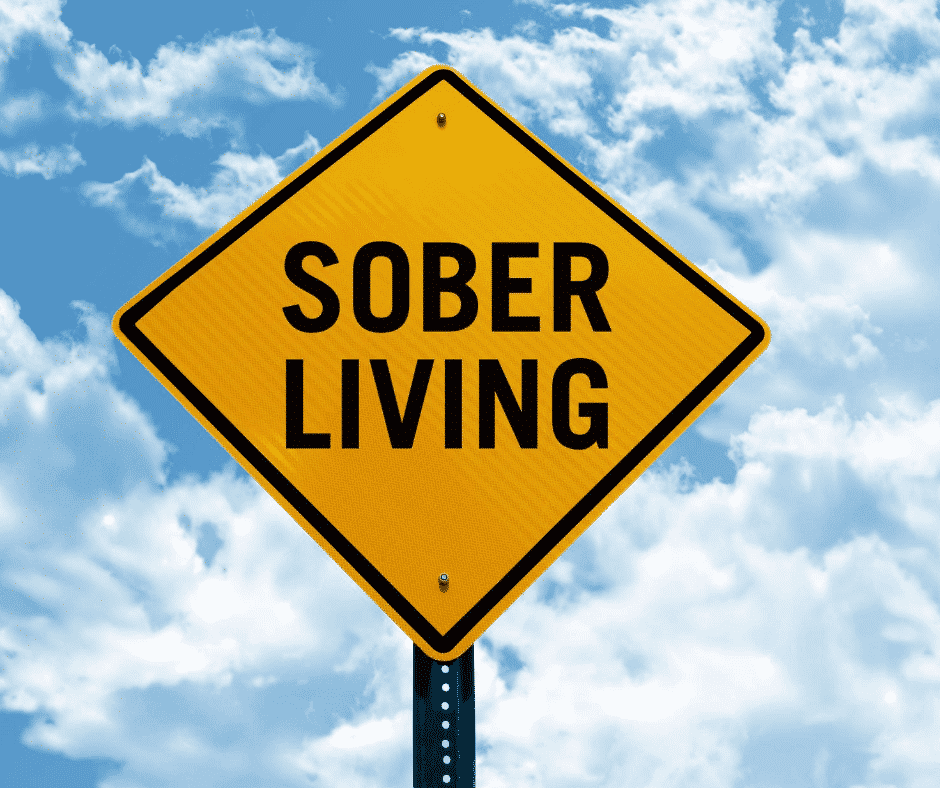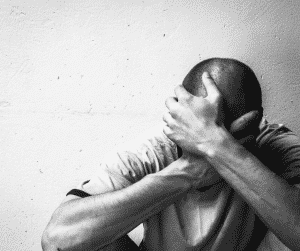Drug addiction is classified as a chronic disease that is driven by compulsion, despite harmful consequences from continual use. While some individuals experience harsh replies from family members or friends about the choice of using drugs, it is not as simple as making a choice whether to say yes or no, it requires professional help from a treatment center. Drug addiction is complex with multiple factors including personal history, trauma, and physical dependency that comes along with it.
Today, there are rehab facilities that offer a wider variety of drug addiction treatment methods. Sober living is more complicated when drug abuse has been ongoing for a longer period of time. This can hinder an individual from being receptive to the type of help they may need for long-term recovery.
For some, there have been torn relationships with family and friends. For others, it may be hard to keep employment or see a way beyond addiction. There is not an easy answer for sobriety, but there are ways for it to be possible.
When looking for you, or a loved one, there are many evidence-based options for drug addiction treatment that can help.
What Is Drug Addiction Treatment?
Drug addiction treatment comes in many forms, but there are commonly used strategies that help prevent future drug use.
Treatments include:
- Behavioral Therapy
- Medical Supervision
- Detox Treatment
- Support Groups
- Alternative therapy
- Inpatient or outpatient care
- Partial hospitalization program
- Family therapy and support
- Trauma recovery
- Aftercare recovery
Treatment programs take a look at the emotional, mental, physical, and spiritual side of a person and how it connects to addiction. By assessing those links, counselors and clinicians help a person navigate new pathways towards sober living.
Learning To Embrace Change
Overcoming addiction is not an easy process, nor does it happen in rapid succession. Part of finding a treatment strategy that works for you is first embracing that there will be many changes to come.
It helps to write down what is driving the want to make real change when it comes to addiction. Many addiction apps give the ability to track sober days and send reminders about the desire to stay sober that can help. By having a place to keep thoughts about the changes a person may be experiencing, they can reflect back to prevent future potential relapses.
What A Treatment Center Can Help With
One of the best treatment options for substance abuse is to be admitted into an inpatient or outpatient care facility. Rehabilitation locations offer medical supervision during the withdrawal process, as well as give structured support for resetting daily habits.
A personalized treatment program gives space for an individual to recognize their own patterns with addiction. Alongside the help of group and individualized therapy options, they can experience peer and professional support throughout the recovery process.
The majority of facilities also offer long-term recovery plans that provide aftercare options beyond just the initial treatment process.
How Behavioral Therapies Assist With Drug Addiction
Behavioral therapies are an integral part of drug addiction programs that help regulate the connection to drug use.
Behavioral therapies include:
- Cognitive Behavioral Therapy (CBT)
- Contingency Management Interventions
- Motivational Enhancement Therapy (MET)
- 12-Step Program
- Family Therapy
- Internal Family Systems (IFS)
- Dialectical Behavioral Therapy (DBT)
- Cognitive Processing Therapy (CPT)
- Mind Body Bridging (MBB)
- Meditation and Mindfulness
- Eye Movement Desensitization and Reprocessing (EMDR)
Behavioral therapy approaches are evidence-based and offer greater insight for an individual to understand and rewire their connection to addiction. It is used in conjunction with medical supervision within inpatient and outpatient care programs.
Look for a rehab center near you that has the options you, or a loved one, may be looking for in a treatment program. Make sure to look for evidence-based treatment programs that provide qualified clinicians and research-backed protocols for recovery.
Early Drug Use Prevention
One of the major factors that contribute to drug use is social influence. Social factors and friend groups contribute to the interest in trying a drug for the first time. When it is paired with a positive attitude towards drugs within the family, it can change the perceived consequences of drug use.
Researchers also have found that social influence is found within movies, music, and shows that portray substance use in a positive light. In turn, it translates to the use of drugs as a positive social activity.
Teaching Life Skills
Family structure plays a significant role in drug use, but it also has the ability to be the best preventative method. Life skills training for parents, teens, and young adults have proven to be an effective strategy in drug use prevention.
Alongside teaching life skills, there are also educational methods that have been tested in schools as a prevention method. While not every program initially proved to be successful, there are now programs in place that teach self-regulation, social skills, and changing normative expectations about drug use. The current educational standards for teaching drug prevention have proved to be effective among teens and young adults.
Community-Based Programs
Community-based programs are vital for early drug prevention. With the inclusion of educational resources and prevention policies, community leaders have the ability to lower drug use that often starts at an early age.
Community-based programs prevent drug use through:
- Public policy
- Intervention resources
- School education
- Parenting skills
- Family relations
- Mass Media
By improving community structure, it builds stronger family relations and education about preventative measures. Preventative measures include teaching parents about keeping medication or alcohol out of reach. It also means teaching interpersonal skills to young teens that can help them cope with negative peer pressure and perceived perceptions of drug use.
Best Drug Prevention Strategies
In looking at treatment options for substance abuse, the Substance Abuse and Mental Health Services Administration found that involving general health practitioners to watch out for early signs of drug use was the strongest strategy for drug prevention.
1 in 10 people suffering from addiction receive specialty care, while less severe cases only have minor interventions or recommendations from a physician. However, being admitted to a treatment center through an inpatient or outpatient care program has proven to be a cost-effective method for long-term recovery.
Admission Into Inpatient Care
Drug prevention strategies have been closely studied for decades. Many treatment methods have formed from evidence-based research that has aided those suffering from drug addiction over the years. Inpatient care is shown to be one of the strongest forms of addiction treatment and prevention of future relapse episodes.
Inpatient care provides the medical supervision needed for detoxification and monitoring withdrawal symptoms. Depending on the facility, it will have varying accessibility to behavioral therapy methods that help rewire the brain for a higher success rate beyond the initial inpatient program.
Many addiction treatment centers also offer family counseling to create a foundation for trauma healing. With a rounded approach across different modalities, there are effective approaches to find the right care for drug addiction treatment.
Development of Healthy Coping Strategies For Stress
One of the main factors that can lead to a relapse episode is stress. Stress aggravates parts of the brain that can cause urges that lead to further drug and alcohol abuse. By shifting coping strategies, an individual can discover healthier pathways that prevent the action of reacting to cravings.
The first step in developing healthier coping strategies is to talk with a mental health professional about strategies that may work for the individual. Each person reacts and responds to stress differently, which is why it is important to find personalized strategies when coping with urges or the guilt of a relapse.
Whether taking a walk when an urge appears, writing in a journal about personal reflections, or practicing mindfulness, a personalized treatment plan can help with the strategy that relieves stress and puts the person back in control of their own reactions.
Participation In Recovery Support Groups
Recovery support groups are impactful for providing constructive support and encouragement for those suffering from drug addiction. Substance abuse support groups specifically reduce isolation, depression, and anxiety among participants.
In part, it is due to peer relations and similar life experiences. On the other hand, it helps individuals confront fears, past traumas, and harmful behaviors in a safe and supportive environment.
Participating in a recovery support group provides:
- Added structure and accountability
- Hope through sharing recovery stories and learning from peers
- Interpersonal connection for long-term support
- Feedback on values and excuses for habits
- Offers family-like experience
- Provides support resources
Being A Part of a Sober Community
Joining a sober living community lowers the risk of relapse and provides the necessary support for someone looking to make a change in their life. Communities foster meaningful connections through shared understanding about the steps it takes to live in sobriety.
Sober communities offer greater independence for individuals that otherwise would have a harder transition back into regular life. In many cases, it helps mitigate an individual slipping back into old habits of drug abuse.
Being a part of the sober community does not always mean joining a sober living community either. New technology has come to the surface to provide expert recovery apps that connect individuals to sober events, sober dating, new friendships, and direct treatment resources.
Whether you are looking for a drug addiction treatment center for yourself, or are curious about drug prevention strategies for a friend, there are always accessible resources available to you.




